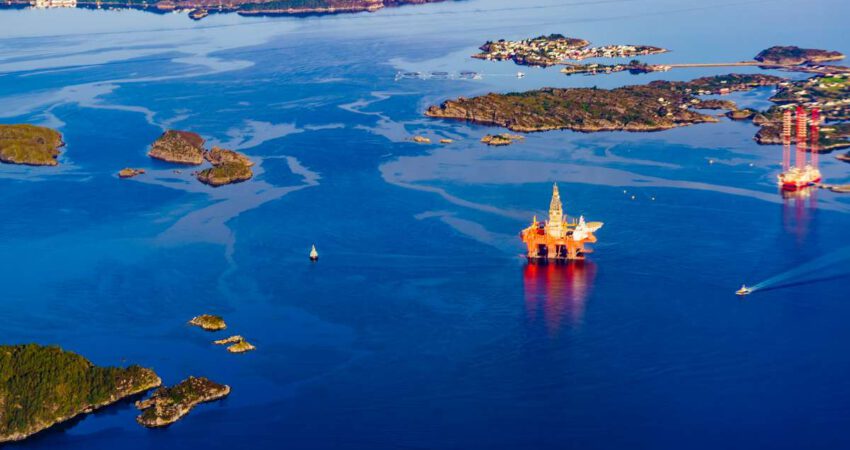Former German Chancellor Angela Merkel has called the Russia–Ukraine war that flared up at the end of February “a profound turning point in the history of Europe.” This is largely linked to the fact that the conflict has triggered a swift U-turn in the energy policy of Germany, which had been building close and interdependent relations with Russia in the energy supply field for several decades. It appears that Germany is ready to bid goodbye to Russian piped gas and replace it with liquefied gas (LNG) from overseas by building its own LNG infrastructure.
Monthly Archive: April 2022
The military conflict in Ukraine that began in February and the extensive sanctions against Russia that have been introduced following this have led to a volte-face in the European Union’s energy policy. Under pressure from both external partners and its internal political elite, the EU has declared that it is prepared to abandon Russian gas, oil and coal completely by 2027.
The conflict that flared up at the end of February between Russia and Ukraine has been a massive shock to the entire political landscape of the European Union. Its seismic waves are continuing to reverberate in all its economies’ markets and industries.
With the warmer months when gas storage facilities are usually filled for the next winter approaching, Europe is struggling to find ways to replace Russian gas with potential alternatives. Attention is naturally turning to Norway, the second largest gas supplier to the continent.






